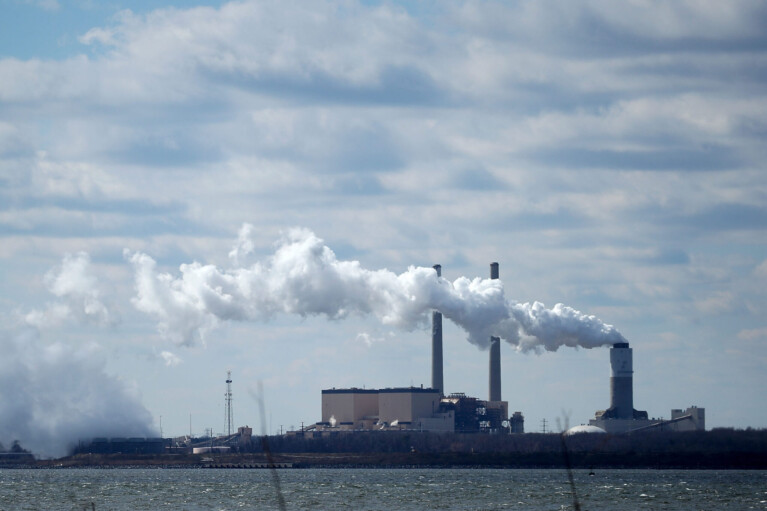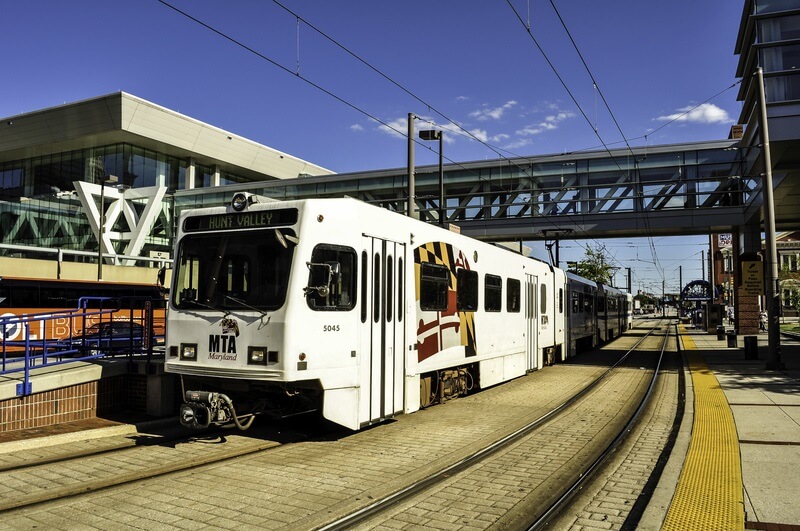Commentary: Md. deserves its first death care update since the Civil War

By Adrian R. Gardner
The writer, an attorney and certified crematory operator, is co-founder of Green Legacy, a funeral home devoted to “eco-friendly” funeral options.
Our legislators have a chance this session to dramatically reframe the choices for more than 50,000 Maryland families coping with planning funerals each year.
The “Green Death Care Options Act” — cross-filed as House Bill 1168 and Senate Bill 1028 — would respond to an estimated two-thirds of funeral consumers looking for new choices. It also carries a no-nonsense promise to reduce greenhouse gas emissions without spending a dime of Maryland taxpayer money.
This hallmark legislation would legalize two new funeral practices that are gaining popularity in many other states. Alkaline hydrolysis — generally known as “water cremation” or “Aquamation” — is the process of turning our bodies into ashes using a solution of water and alkaline agents, rather than burning fossil gas to incinerate them.
The other practice, natural organic reduction, is a process that envelops our bodies in organic plant material to create a perfect environment to activate all of the microbes already living inside of us — effectively, switching them over to complete nature’s plan for our end. Most folks call this process “body composting.”
The Options Act would legalize and regulate both practices that, ultimately, involve applying new technologies to control and expedite the entirely natural process of decomposition without leaving a monster-sized carbon footprint.
For context, America’s practice of embalming our bodies did not emerge until the Civil War. Since then, not much has changed, except that the recent presumption in favor of embalming and burying our loved ones clearly is over. Following a trend that started some decades ago, a majority of families across the country and in Maryland now elect to cremate their people for a variety of reasons — not the least of which is the cost of a conventional funeral.
But each conventional cremation directly emits more than a quarter-ton of carbon, along with mercury and other toxic gasses. Some research even suggests that each instance of conventional burial or cremation by incineration delivers a net carbon impact of one whole metric ton.
By contrast, water cremation uses electricity that requires only ten percent of the energy required for a conventional cremation and natural organic reduction uses even less as it actually sequesters carbon along the way.
By some industry projections, Maryland will experience more than 41,000 conventional cremations each year by 2040 unless we give families more options. Using the federal calculator for environmental equivalencies, that would mean our cremations could totally wipe out the environmental benefits we are banking on by preserving 51,000 acres of trees.
As it stands now, a family in Maryland that wants a real eco-friendly funeral experience only has a skimpy handful of choices. Those would include an amazing woodland cemetery in Baltimore County named “Serenity Ridge,” and a wonderful natural resting place called “Reflection Park” that’s expected to open very soon in Montgomery County.
But so-called “natural burial” can’t work for everyone. It is not a feasible option for laying a father or mother to rest in Arlington National Cemetery. Natural burial also is not an option in the vast majority of resting places where our families and neighbors have already purchased a plot.
As our beloved friend Mike Heffner wrote about body composting before he died unexpectedly last year, “[Our community is] an educated, aware and sensitive population, thriving and caring for our environment while we are alive — and we are eager to have equally as sensitive and sustainable options when we die.”
This year, in a contrast to the previous iteration, leaders from the funeral industry have participated in shaping the bill and are not expected to raise policy concerns. Indeed, the bill incorporates language proposed by the industry and separates traditional practices from the new ones.
Certain religious groups likely may continue an earnest campaign to prevent new death care options on the grounds they are not sufficiently “dignified.” That may be the only potential source of opposition to our legislation in Maryland.
But even Catholic scholars can disagree, including clerics advancing a moral imperative for people of faith to follow practices that are environmentally responsible. Clearly, the renowned Anglican Archbishop Desmond Tutu espoused that doctrinal view in choosing water cremation for his disposition.
It seems important to remember that some religious traditions forbid cremation and others require it. Some religious traditions celebrate embalming and others do not. For most people of good will, there is no “right” answer to impose on a neighbor.
In the end, the Options Act is about empowering families to choose a kinder farewell for our planet.




 Creative Commons Attribution
Creative Commons Attribution